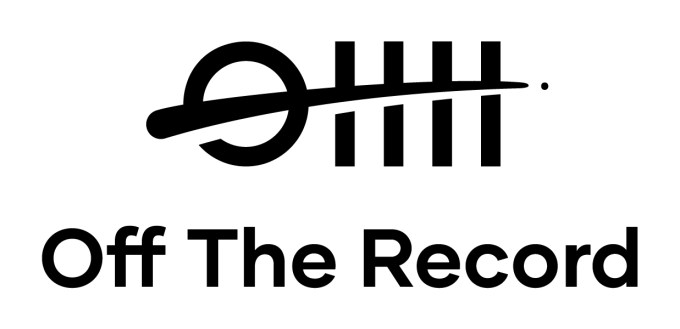Unlike most agencies, We Are Off The Record’s (WAOTR) mission is to advise and train in-house growth teams to scale their business. CEO and founder Bas Prass prides his team’s “train and transfer method” because it has allowed them to work with tech startups and giant corporations from all around the world. WAOTR is based in the Netherlands, but learn more about their approach to growth, agency values, and more.

Image via We Are Off the Record
WAOTR’s unique approach to growth:
“As far as I know, we’re still the only growth bureau in Europe with our approach to growth — we help startups from within. We work with their in-house teams, which means we are literally in the same room as our clients. We want to lead by example. I don’t believe in any other approach anymore because growth has to come from within the business itself.”
“WAOTR walks the talk: they actually do growth instead of solely advising.” Rutger Planken, Rotterdam, The Netherlands, Director & Founder, FoodServicehub
WAOTR’s ideal client:
“Our ideal clients are the ones that understand that growth takes time and doesn’t happen overnight. They understand that we need to touch multiple domains within their business and that growth isn’t only in the marketing or product department but in the entire culture of the company. This is also the reason we insist to work with founders and/or want involvement from C-level positions.”
Below, you’ll find the rest of the founder reviews, the full interview, and more details like pricing and fee structures. This profile is part of our ongoing series covering startup growth marketing agencies with whom founders love to work, based on this survey and our own research. The survey is open indefinitely, so please fill it out if you haven’t already.
Q&A with We Are Off The Record Founder & CEO Bas Prass
Yvonne Leow: How did you become a growth marketer and start working with tech startups?
Bas Prass: I started designing websites and building websites at the age of twelve and quickly figured out how to survive in the digital jungle. I learned by doing and was pretty active within online communities.
Source: Tech Crunch Startups | Verified Expert Growth Marketing Agency: We Are Off The Record